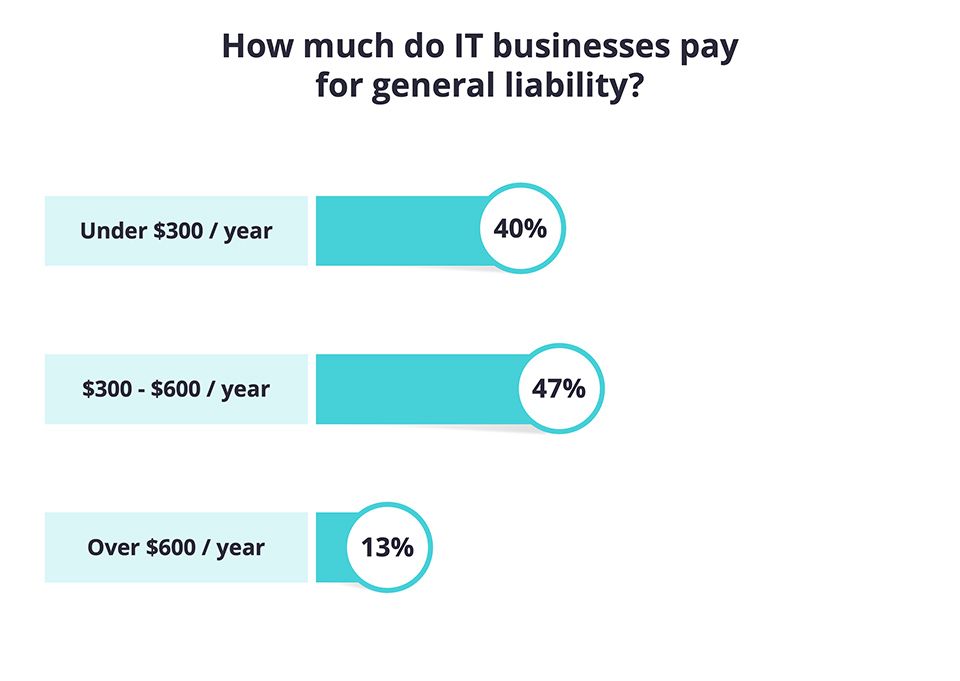Whole life and universal life insurance coverage are both considered long-term policies. That implies they're created to last your whole life and won't end after a specific amount of time as long as needed premiums are paid. They both have the prospective to accumulate money worth over time that you might be able to borrow against tax-free, for any factor. Since of this feature, premiums might be higher than term insurance coverage. Whole life insurance coverage policies have a fixed premium, indicating you pay the very same quantity each and every year for your protection. Similar to universal life insurance coverage, entire life has the potential to build up cash value gradually, developing a quantity that you may have the ability to obtain versus.
Depending on your policy's possible cash value, it may be utilized to skip a premium payment, or be left alone with the possible to accumulate worth in time. Potential growth in a universal life policy will differ based upon the specifics of your private policy, along with other aspects. When you purchase a policy, the releasing insurance company develops a minimum interest crediting rate as laid out in your contract. Nevertheless, if the insurance company's portfolio makes more than the minimum interest rate, the business might credit the excess interest to your policy. This is why universal life policies have the possible to earn more than a whole life policy some years, while in others they can make less.
Here's how: Considering that there is a money value part, you may have the ability to avoid premium payments as long as the cash value is enough to cover your needed expenses for that month Some policies may enable you to increase or decrease the death benefit to match your particular scenarios ** In most cases you may obtain against the cash value that might have accumulated in the policy The interest that you might have earned with time collects tax-deferred Entire life policies use you a fixed level premium that won't increase, the possible to build up cash value with time, and a repaired survivor benefit for the life of the policy.
As a result, universal life insurance coverage premiums are generally lower throughout periods of high rate of interest than entire life insurance premiums, often for the very same amount of protection. Another crucial difference would be how the interest is paid. While the interest paid on universal life insurance coverage is frequently changed monthly, interest on a whole life insurance policy is normally adjusted each year. This might imply that during durations of rising rate of interest, universal life insurance coverage policy holders may see their cash values increase at a fast rate compared to those in entire life insurance policies. Some individuals may prefer the set death advantage, level premiums, and the potential for development of an entire life policy.
Although whole and universal life policies have their own special features and benefits, they both focus on offering your loved ones with the cash they'll need when you pass away. By working with a qualified life insurance coverage representative or company agent, you'll be able to select the policy that finest fulfills your private needs, budget, and financial goals. You can also get atotally free online term life quote now. * Provided required premium payments are timely made. ** Boosts might be subject to additional underwriting. WEB.1468 (What does comprehensive insurance cover). 05.15.
What Does How Much Does Home Insurance Cost Do?

You do not have to think if you need to register in a universal life policy since here you can discover all about universal life insurance pros and cons. It's like getting a sneak peek before you purchase so you can choose if it's the right kind of life insurance coverage for you. Read on to learn the ups and downs of how universal life premium payments, cash worth, and death benefit works. Universal life is an adjustable type of long-term life insurance that enables you to make modifications to 2 main parts of the policy: the premium and the death benefit, which in turn impacts the policy's cash worth.
Below are some of the general advantages and disadvantages of universal life insurance coverage. Pros Cons Created to offer more flexibility than whole life Does not have actually the guaranteed level premium that's available with whole life Cash worth grows at a variable rate of interest, which might yield greater returns Variable rates likewise imply that the interest on the money worth could be low More chance to increase the policy's cash worth A policy typically needs to have a favorable money worth to stay active Among the most appealing features of universal life insurance is the capability to select when and just how much premium you pay, as long as payments meet the minimum amount needed to keep the policy active and the IRS life insurance coverage guidelines on the maximum amount of excess premium payments you can make (How much car insurance do i need).
But with this versatility also comes some downsides. Let's discuss universal life insurance coverage benefits and drawbacks when it concerns changing how you pay premiums. Unlike other kinds of long-term life policies, universal life can get used to fit your monetary needs when your cash circulation is up or when your budget is tight. You can: Pay higher premiums more regularly than required Pay less premiums less frequently and even skip payments Pay premiums out-of-pocket or utilize the money worth to pay premiums Paying the minimum premium, less than the target premium, or avoiding payments will adversely impact the policy's cash value.